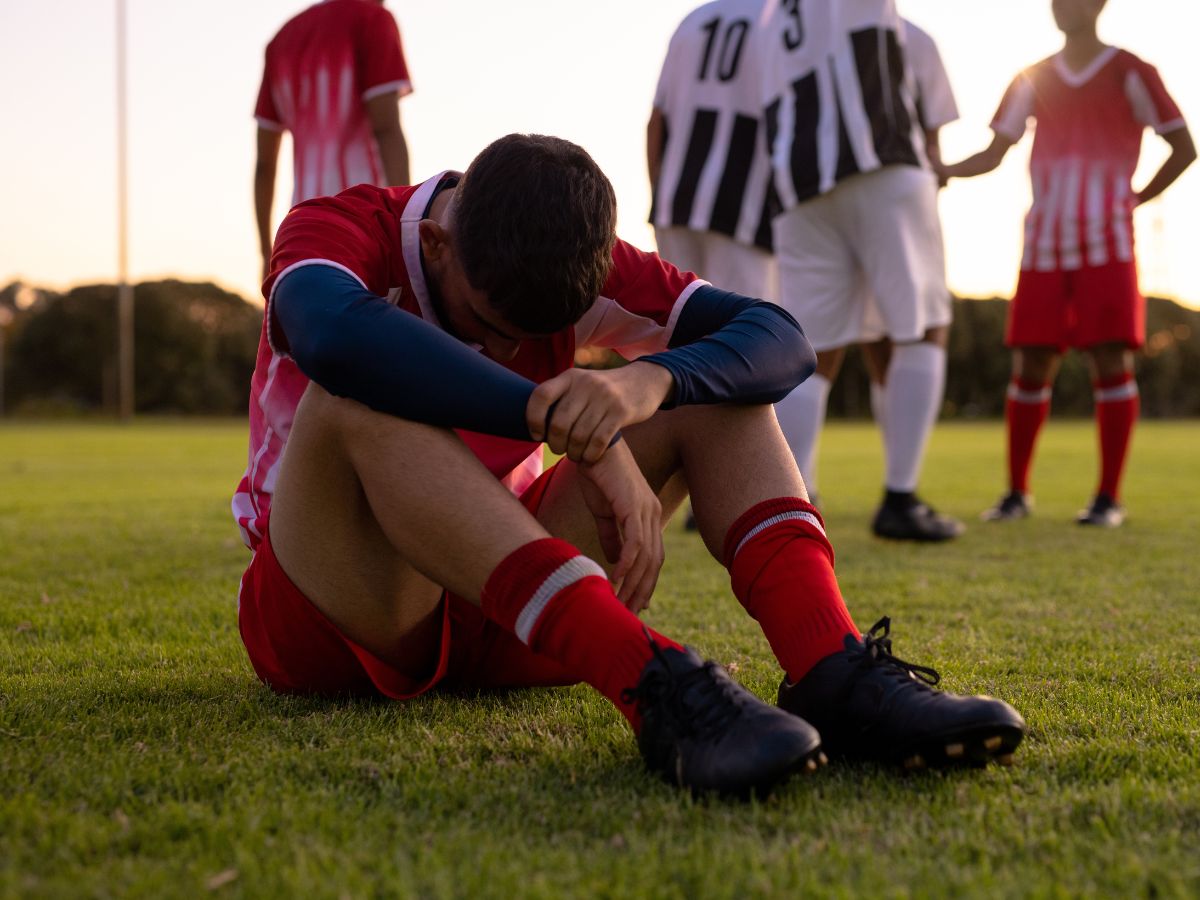Concussion Guide for Parents and Caregivers
How young adults perceive and navigate risk in sport
Young adults often take on physical, social, and emotional risks through sport and recreation, but they’re not always supported in how they manage them. Using photo storytelling and interviews with 14 athletes to understand how they make sense of risk, this study found a need for safer, more supportive environments that reflect the real challenges…
Canadian Harmonized Sport Concussion Protocol Template
Canadian Harmonized Sport Concussion Protocol Checklist
Knowledge and education on sport-related concussions
Several initiatives aim to educate athletes about sport-related concussions. A recent study involving 593 athletes found those who had received concussion education, experienced a concussion, or had access to medical staff demonstrated better knowledge. To enhance safety and awareness, tailored educational initiatives could be designed to reach athletes without access to medical support.
Riley VanDeHogen (vand6030@mylaurier.ca) @ 06/09/2025
Sports-related concussions (SRCs) represent a significant concern in football due to their complexity, long-term impacts, and high incidence rates. An injured athlete’s return to sport primarily focuses on the physical recovery, with psychosocial influences (e.g., fear of re-injury) often being overlooked. Factors such as social pressures, sports culture, and adherence to the sport ethic can…
Online hate and sport
The rise of online hate speech in sports, including racism, sexism, and homophobia, has created a deeply toxic environment for fans, players, and officials. While social media amplifies this abuse, efforts to combat it have struggled to keep up. This pressing issue must be tackled in order to promote a more inclusive sporting culture.
Bystander Intervention in Sport Training
Understanding Deselection in Competitive Female Youth Sport
The Unspoken Battle: How Body Image Shapes Sport Performance

For athletes, sport is about pushing limits of skill, strength, and endurance. But what happens when the greatest challenge isn’t physical at all? For many, especially young athletes, the most persistent struggle exists in their own minds: body image. Dr. Catherine Sabiston, a professor in the Faculty of Kinesiology and Physical Education at the University…